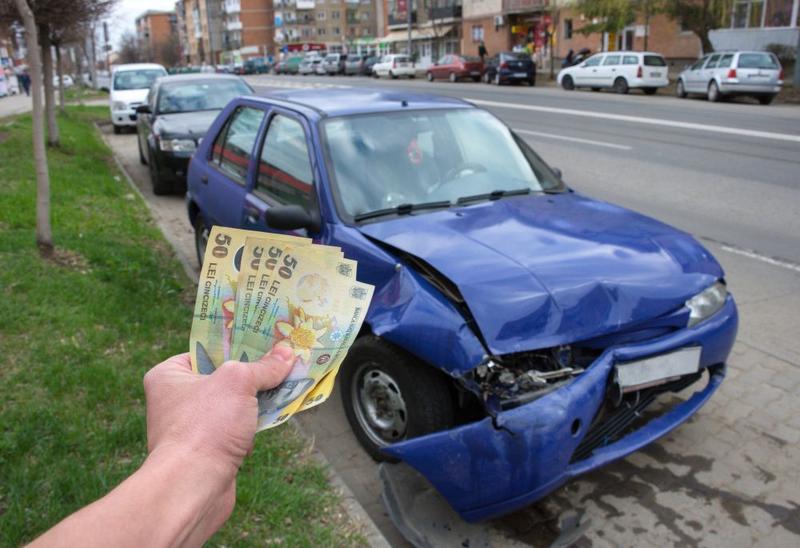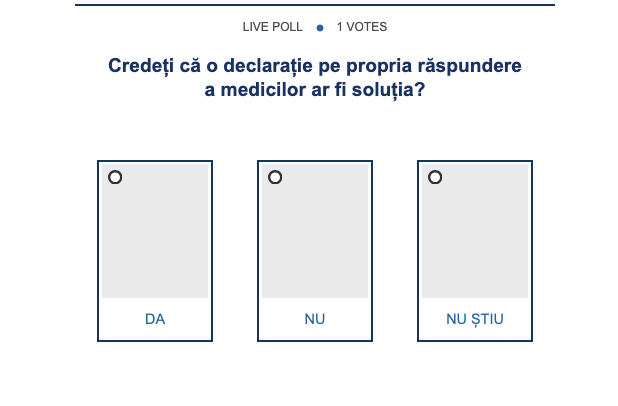AT Kearney consultancy and Friedrich Schneider survey concludes that Romania's underground economy, related to the GDP, is one of the highest in Europe. How much does the state lose because this parallel economy is not taxed? About 12 billion euros a year, meaning one third of the GDP.
Romania's 2008 GDP was 140 billion euros and the underground economy represents 33%, meaning 46 billion. The money goes into the pockets of people paying by cash and not being recorded for tax.
In developed countries, the black economy is under 10-15%. The medium rate for Europe is estimated at 16%.
In a top of the countries whose citizens are cheating the state, East European countries are occupying the first positions, having an underground economy tradition. The unregistered work and incomes represent a national sport in the region.
The state was useless in tackling the issue up until now, although it could use a relatively simple measure: preventing, by law, a large sum to be paid in cash, for example 5,000 lei. This would put an end to the transactions where business partners bring their suitcase to pay. Plus, when someone is going to the bank with a sum larger than 10,000 euros, the money must be declared. This would make black money surface.
What the sate should do in return? Reduce the taxes and increase the fines to such a rate, that those not paying them might be threatened with bankruptcy.




















